Reflections on faith, Social Movements, and Social Engagement
Introduction
The theme of faith and social movements has always been a central focus in my spiritual journey. Throughout this journey, I have had the unique privilege of engaging with and learning from public intellectuals, theologians, activists, artists, poets, and theater professionals, representing a wide range of ideological and theological perspectives. Both women and men, dissatisfied with the current reality, seek authenticity and live with hope. They have inspired my faith and deepened my religious beliefs. I believe that theistic faith, from a Biblical standpoint, is rooted in love and manifested through a life of peace and justice. Inspired by feminist activist Carol Hanisch's essay, I am convinced that "the personal is political." In this brief reflection, I will outline my experiences as a faith-inspired animator, social activist, pastor, and mission accompanier. Furthermore, I strongly believe that initiatives like the School of Political Theology are essential for our time. To quote Antonio Gramsci, an Italian Marxist theorist, “The history of education shows that every class that has sought to seize power has prepared itself for power through autonomous education.”
Reimagining faith
To state the not-so-obvious, faith has many aspects: trust, belief, faith, and reason. Perspectives would include theistic, existentialist, and pragmatic. The challenges and controversies include: faith and evidence, which is contentious, faith and intolerance is abhorrent, and the call for faith and pluralism is a very welcome sign. Reducing faith to a set of dogma and ritual reduces the power and passionate appeal of faith. Biblical faith is a gift and call for aligning one's life journey with God's Word; living with a firm assurance of “things hoped for and the conviction of things not seen.” Faith is a response to the gift; a process experienced as praxis.
Growing up in an urban, traditional Christian, middle-class family, I was shielded from the harsh realities of crass poverty and cruelties around me. Faith as an evolving process came to me as I listened to the faith of my forebears and the 2 enabling actions of my parents, reaching out to the less privileged. Looking back, I am convinced this laid the ground for my conceptual rethinking of faith. Though unaware of the phrase, praxis, this was at the essence of my formation. Today, I understand theistic faith as a divine gift. The gift that inspires and demands a response. While still in my teens, it entailed attending church and doing charity, helping ‘the needy’. This drastically changed when I met Alex Devasundram, a staff member of St Mark's Cathedral in Bangalore. He invited a group of young people in our diocese to join him for a ‘Bible study’ at the ‘slum’ behind the Bangalore East Railway station. On reaching our destination, we discovered that the slum was to be demolished and our job, as volunteers, was to form a human chain, along with the residents, facing the bulldozers. The Bible Study (Matt 25) happened two hours later, after the police intervened and halted the greedy intentions behind the bulldozer wallah’s. Little did I realize that this was only the first of many human chains that I would participate in. Most notably, the one in Kanyakumari, joining the fish workers' struggle, led by Fr Thomas Kochery. On this occasion, the bulldozers were replaced by angry and scared police men carrying rifles with bayonets. Alex Devasundram and Thomas Kochery were men inspired by Christian Faith. However, there were others, fellow pilgrims and activists with no religious faith, rooted in a morality of social justice and a commitment to the greater common good. They were reshaping the contours of faith and making a plea for a radical democracy (Gramsci). Participation in such events called for listening to the voices of those forced into the margins, taking sides, and a commitment to new imaginations: political and theological. It is this that brought me to and sustains me in ministry.
Social Movements as harbingers of hope
As the first national coordinator of HEKS in India (the diaconal arm of the Swiss Protestant Church), I was blinded by the article by Wolfgang Sachs, a 20thcentury German researcher, author, and university teacher in environmental science. Sachs, an influential figure of his time, remains an important signpost for our context. He is better known for his insightful work, exploring the intersection of environment and development. He traced the origin and mainstream practice of development back to the inaugural address of President Harry Truman. In his address, the President declared the majority of the world as ‘underdeveloped areas’. In his article, Archeology of Development, Sachs points to the wanton environmental degradation, cultural homogenization and failure to address poverty, as a direct result of the paradigm of development. I was ‘blinded in order that I might see’ the plot behind development and the tragic saga that has led to the untold misery of vast sections of people and the earth.
Reading Sachs led me to Medha Patkar, an academic turned social activist. She was and is a symbol of hope for thousands in the Valley, across the country, and indeed the world. Meeting and walking with Medha during her many campaigns can best be described as authentic moments of conversion to faith and a faith-inspired social engagement. Initially curious, Medha joined Baba Amte in the Valley, never to return to academia. She joined the people's movement and soon emerged as the leader of the Narmada Bachao Andolan (NBA - Save Narmada Movement). The NBA was launched in 1985 by tribal, farmers, environmentalists, and human rights activists. They continue to offer a critique of mainstream understanding of development, made visible in and through the Sardar Sarovar Project (SSP, a massive hydroelectric project). The SSP is constructed on the river Narmada, flowing through the States of Gujarat, Madhya Pradesh, and Maharashtra. The foundation of the project was laid in April 1961 by the then PM of India, Jawaharlal Nehru, It took form in 1979 as a development scheme funded by the World Bank through the International Bank for Reconstruction and Development.
After almost a decade of construction, the project was brought to a halt in 1995 by an order of the Supreme Court of India; largely as a result of the sustained campaign of the NBA. That the project was completed and inaugurated by PM Modi is another conversation. NBA continues to stand with and struggle for the rehabilitation of the displaced. The NBA consistently highlighted the social and environmental, and economic impacts of the SSP, coupled with the paucity of transparency in governance. For purposes of this article, highlight will be on displacement, largely of adivasis, forced to relocate from the land of their ancestors, and the untold misery of a loss of livelihood, lack of rehabilitation, which includes access to health care, education, and employment. Chief among the environmental impacts was a significant loss of biodiversity, destruction of habitat (multiple species), caused by the submergence of vast areas of forest land. Alongside this are issues related to water management, waterlogging, salinization, and decreased quality of water. In highlighting this, the NBA have stood firm to their commitment to the right to development, people's participation in the development process and Constitutional rights related to life and livelihood. NBA has not professed a religious faith but a vision anchored in a morality of justice and the commitment to the common good.
This contemporary vision is akin to the Biblical vision in the book of Revelation and Isaiah: A vision of a new heaven and a new earth—a vision that blazes forth in the context of trial and persecution, a vision that focuses on the dwelling of God with humanity and God’s restoration of creation. This is not merely a theology of hope for the future but a vision that inspires ethical actions in the present. Communities of faith, certainly Christian, are invited to prioritize social justice, compassion, and stewardship in decisions of life, in the present. Despite their limitation, new social movements, NBA as an example are ushering in new order. One in which aspects of social justice, environmental stewardship, and building of communities based on peace with justice are given primacy. In so doing, they become harbingers of hope.
Contradiction and new political imagination
Online Data from the ICICI bank suggests that the macroeconomic scenario globally is facing unprecedented uncertainties. The Indian growth story, with a 6.2% GDP growth, does not reflect the story of grave unemployment. This, among other factors, will negatively impact India's long-term growth story. The labour participation rate (LPR) in June 2024 has dropped to 41.4%, with an unemployment rate of 9.2%. This is in direct proportion to the drastic failure of agriculture and job creation in the agricultural sector, migration to urban areas, and limited job opportunities, given automation and outsourcing, which replace human jobs. The tariff regime imposed by the government of the USA has a significant negative impact within the US and certainly will cause ripple effects in our country.
Speaking at the last Constituent Assembly, Dr. B. R. Ambedkar spoke of entering into a time of contradictions, highlighting social and political democracy. He emphasized that political democracy would not be able to sustain itself if the government did not pay heed to social democracy. With this observation, he brought the attention of the Assembly to the Preamble to the Constitution. He upheld Equality, Liberty, and Fraternity as the trinity of Social Democracy. It is significant that he cemented Equality and Liberty in the bedrock of fraternity or fellowship. Widening socio-economic contradictions coupled with a lack of political will put the vast majority of the population in peril of annihilation.
In such a context, what is called for is new imaginations. Imagination has a creative potential that entails counterfactual thinking and can lead to problem-solving. The plea for new imagination is not new and certainly not restricted to a specific domain. It cuts across domains of theology, politics, governance, and more. Imagination includes ‘dreaming with open eyes. It is a simultaneously visionary and goal-oriented mindset. New imagination is crucial for social engagement and sustaining the journey. Even as diplomats attempt to douse the communal tensions in Pakistan and India, I remember with thanks to God the life and courageous ministry of Rev. E. Deenadayalan. As a founder of Pakistan India Peoples Forum of Peace and Democracy (PIFPD) he embodied an imagination of the new heaven and new earth. Paulo Freire, the renowned educator from Brazil, emphasized the need for a critical consciousness in shaping our understanding of the world. In Freire’s thought, critical consciousness was a key to social justice. Four elements can be elicited from Freire's Philosophy.
a) Awareness of power (who holds it and how it operates)
b) Critical literacy (uncovering deeper meanings by developing analytical skills to read, write, and think)
c) Desocialization (challenging societal stereotypes related to racism, sexism, and other forms of oppression)
d) Self-education (taking initiative to drive change)
Conclusion
New political imagination inspires collective thinking and action, engaging fears and finding voice. As Gramsci puts it, imagination of this kind is critical of indifference. I hate the indifferent. I believe that living means taking sides. Those who really live cannot help being a citizen and a partisan”. To conclude, I return to a quote from B. R. Ambedkar on a battle for freedom. Significant for me is the emphasis on the struggles being spiritual. “The battle to me is a matter of joy. The battle is in the fullest sense spiritual. There is nothing material or social in it. For ours is not a battle for wealth or power. It is a battle for freedom. It is a battle for the reclamation of the human personality. Four decades and more is a long time to remain on a path. One is conscious and grateful for the spark within that keeps one tentative, open, and hopeful.”
(Rev. David Selvaraj is the Founder and Executive Trustee of Visthar. He is an experienced educator with exceptional skills in organizational development and a strong commitment to community-based advocacy for the rights of marginalized groups in Indian society. David provides training and capacity-building support for non-profit organizations in India and serves as a consultant for both ecumenical and secular development agencies in Asia and Europe).
Become a member
Get the latest news right in your inbox. We never spam!

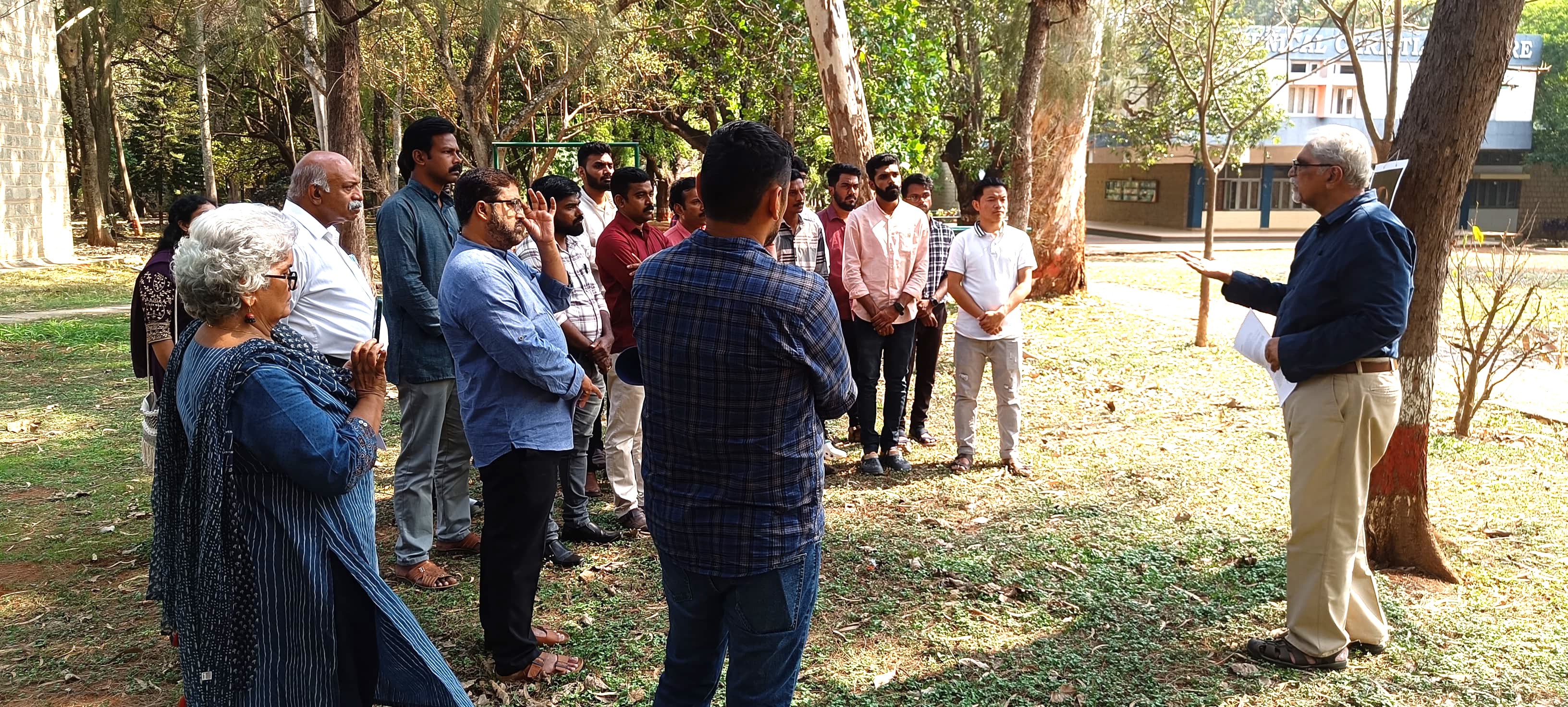
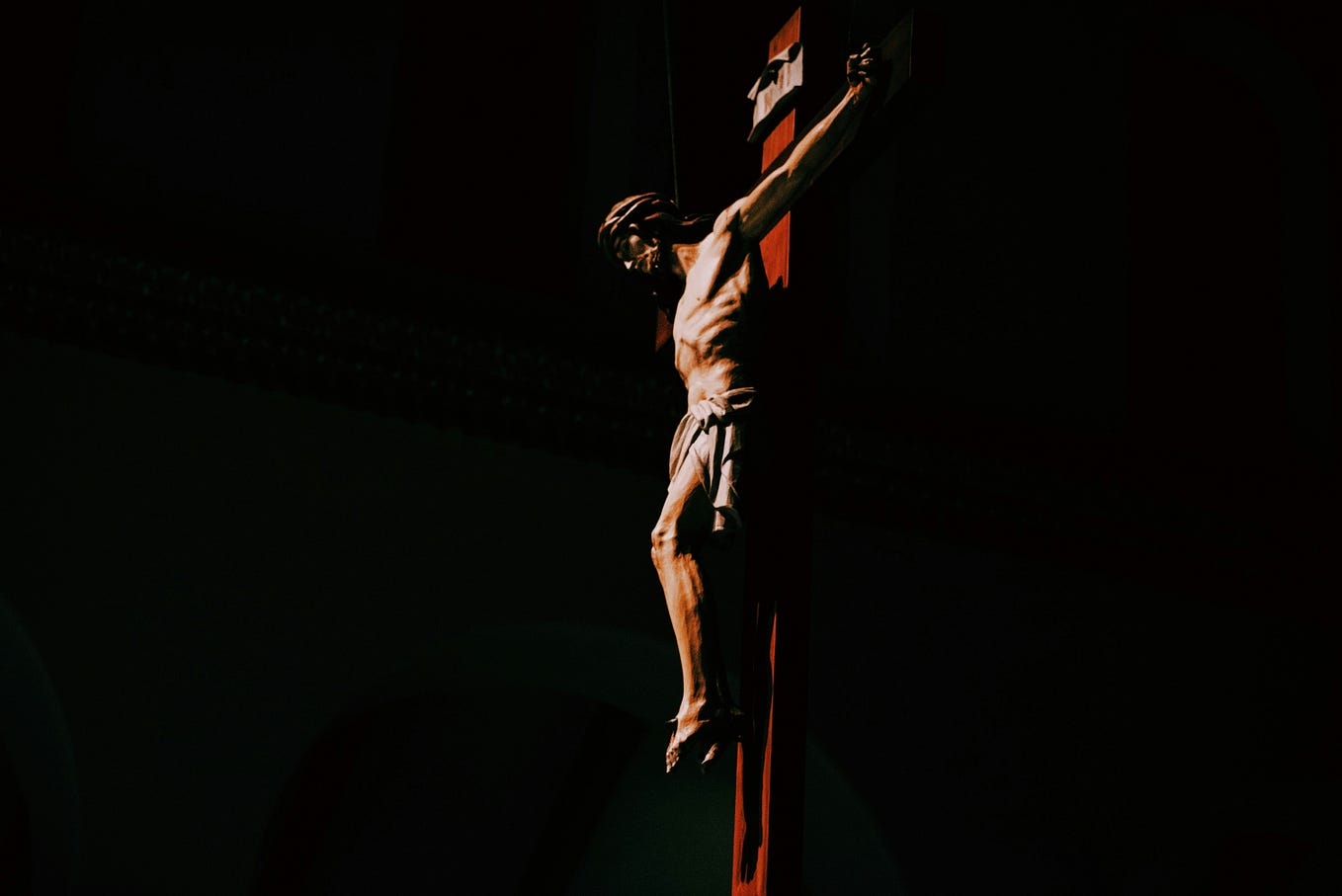
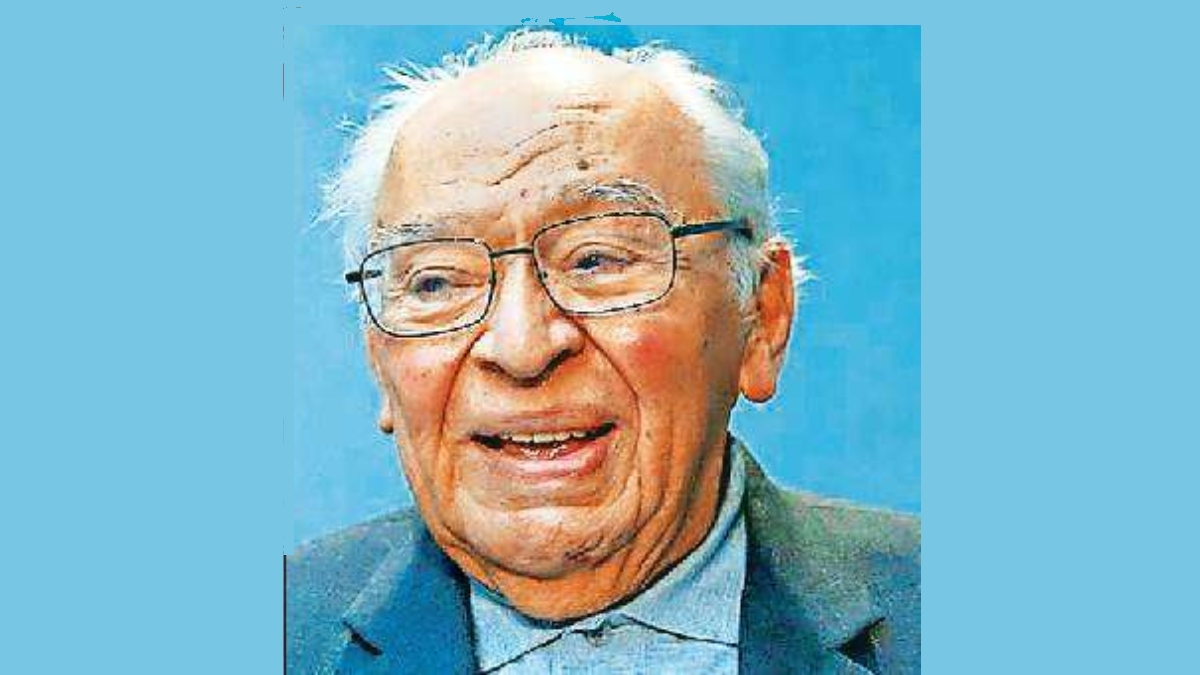
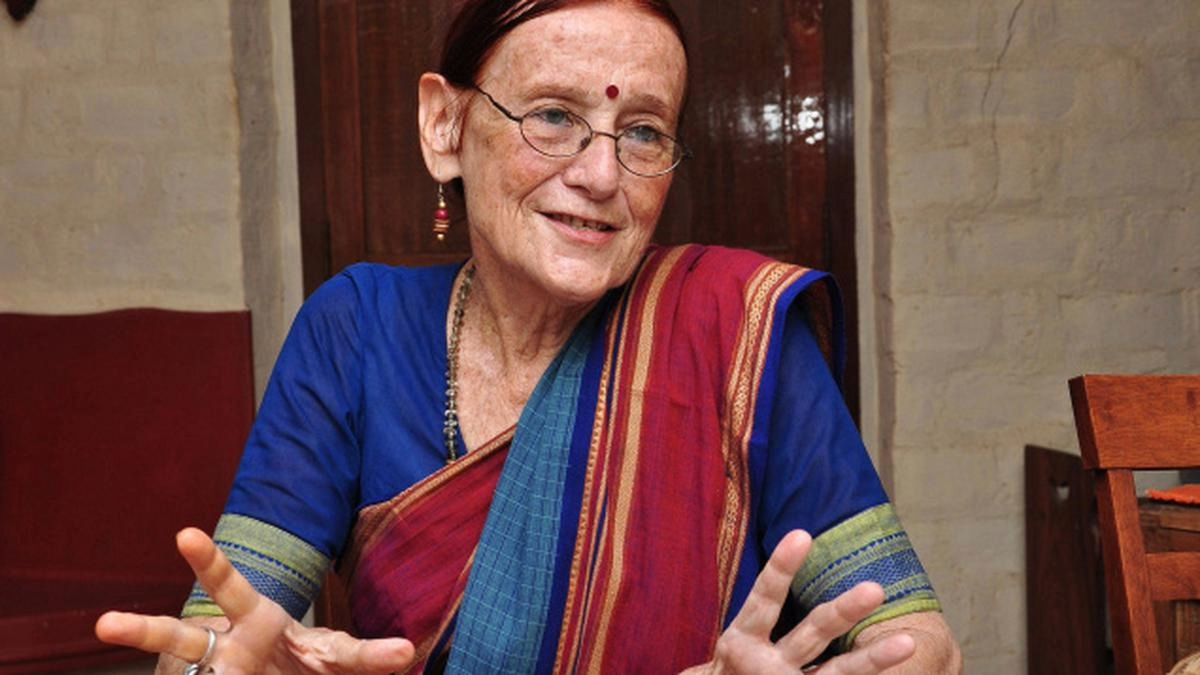
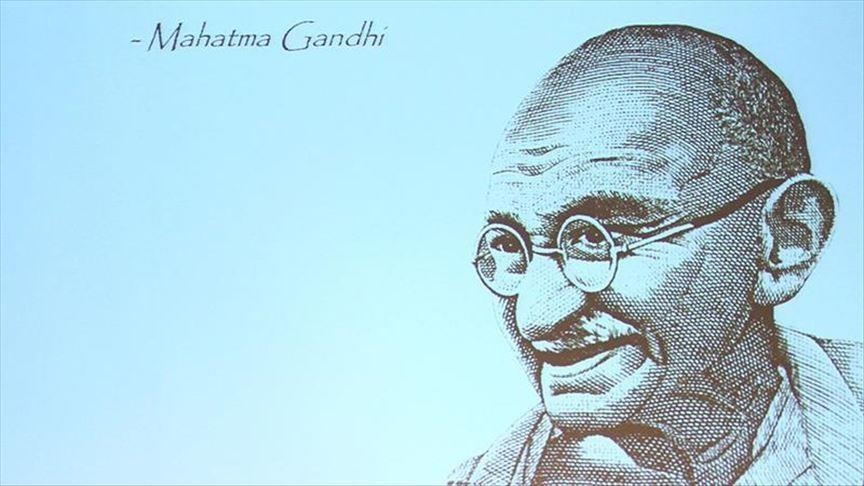
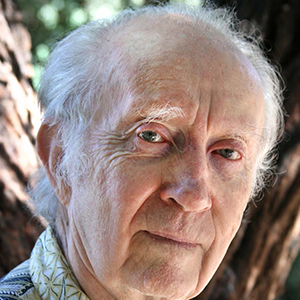

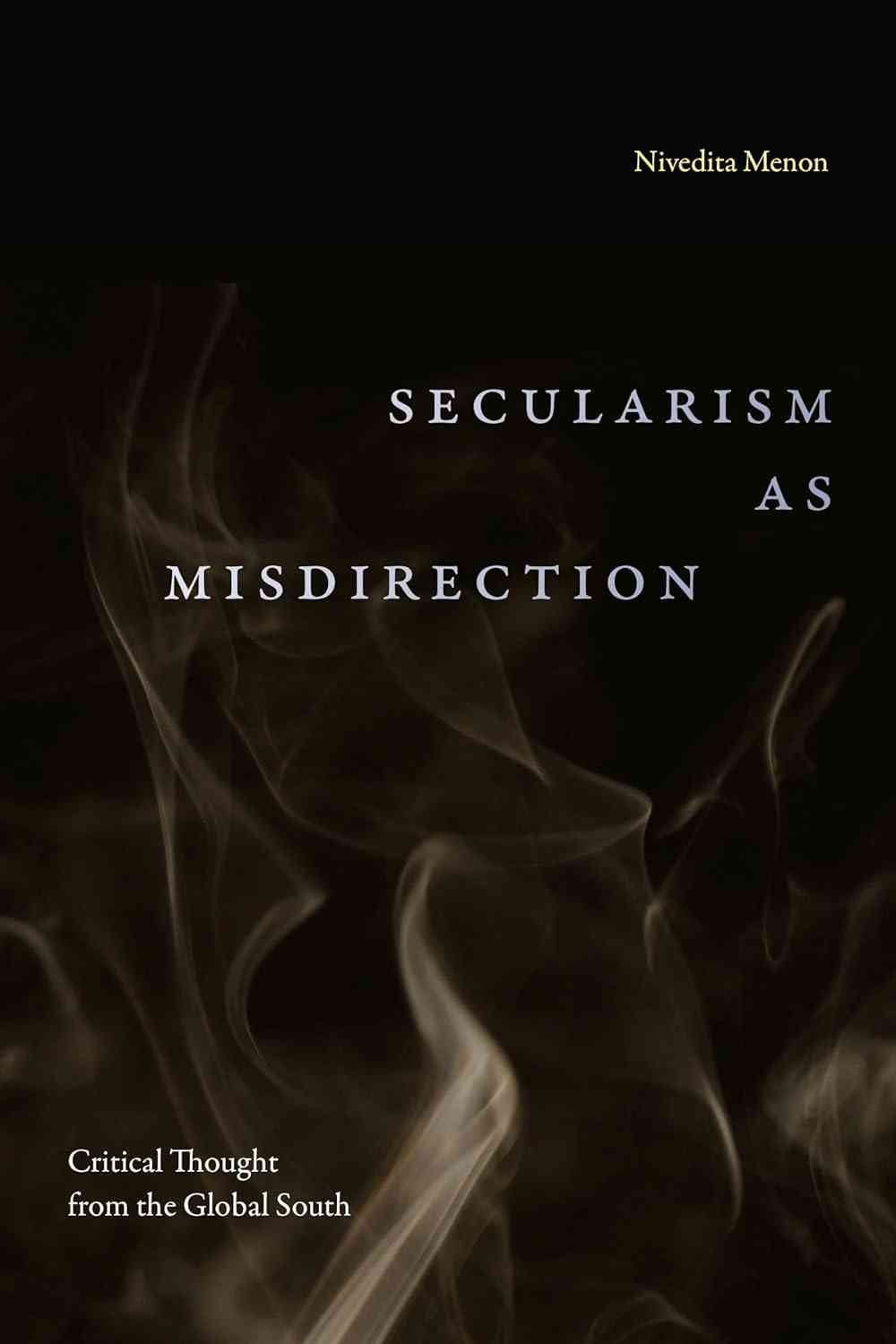

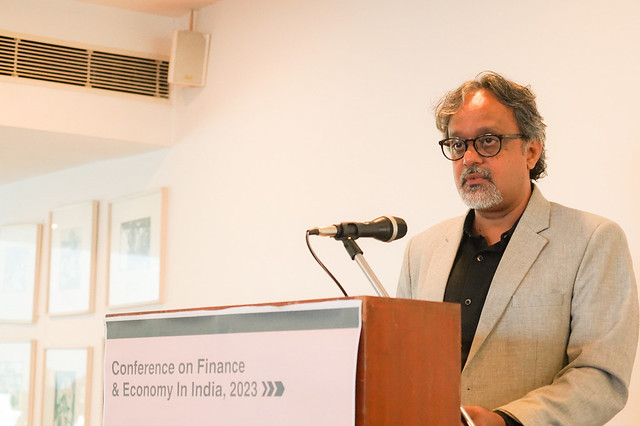

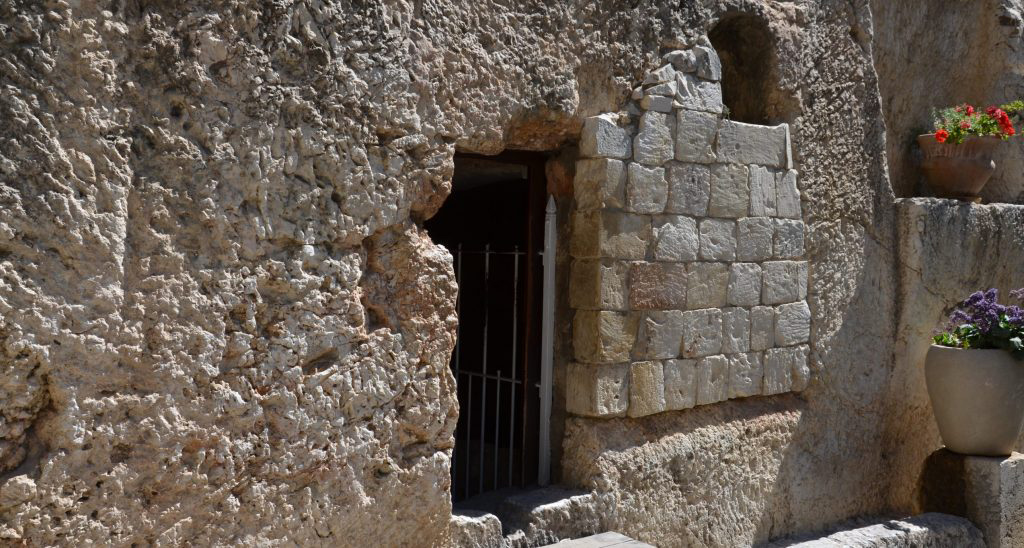
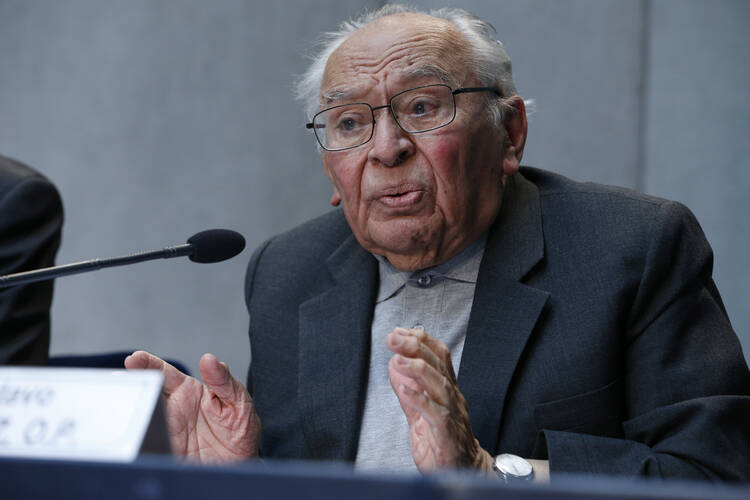
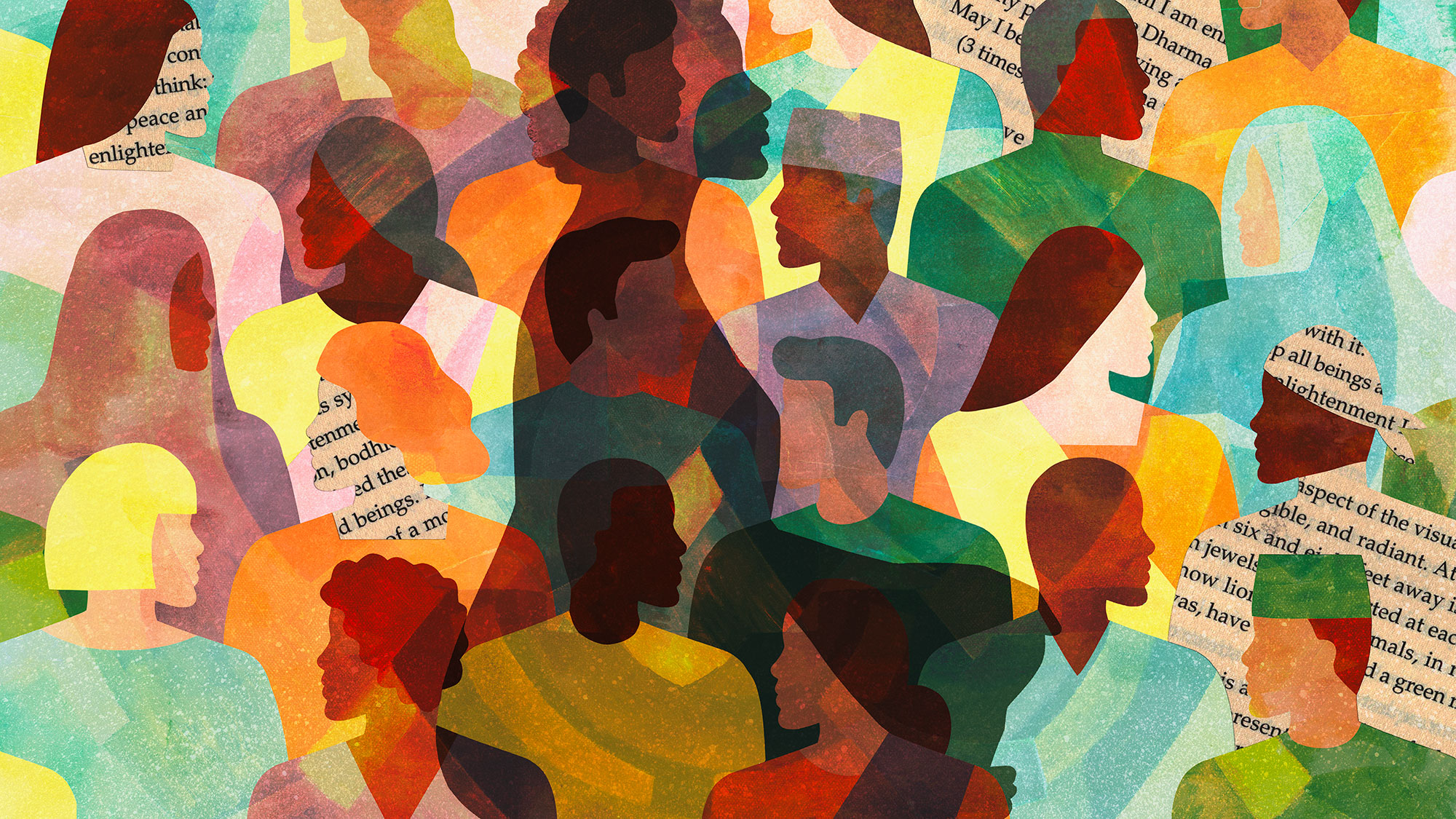
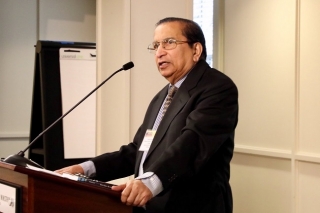
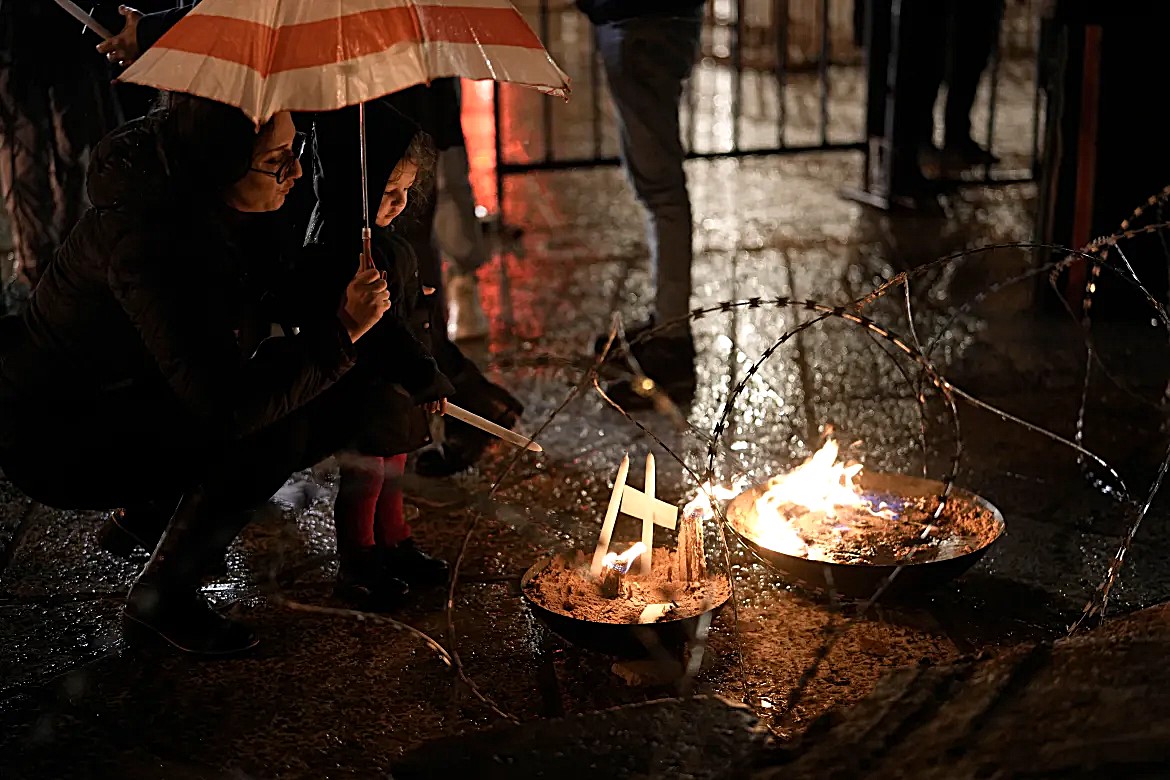
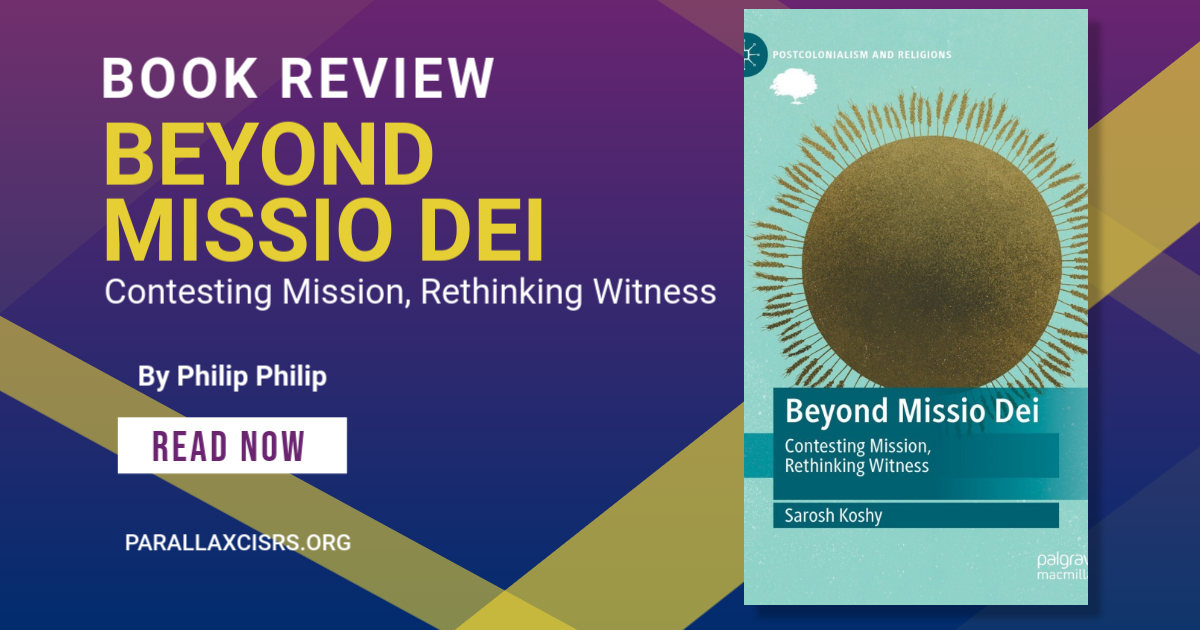

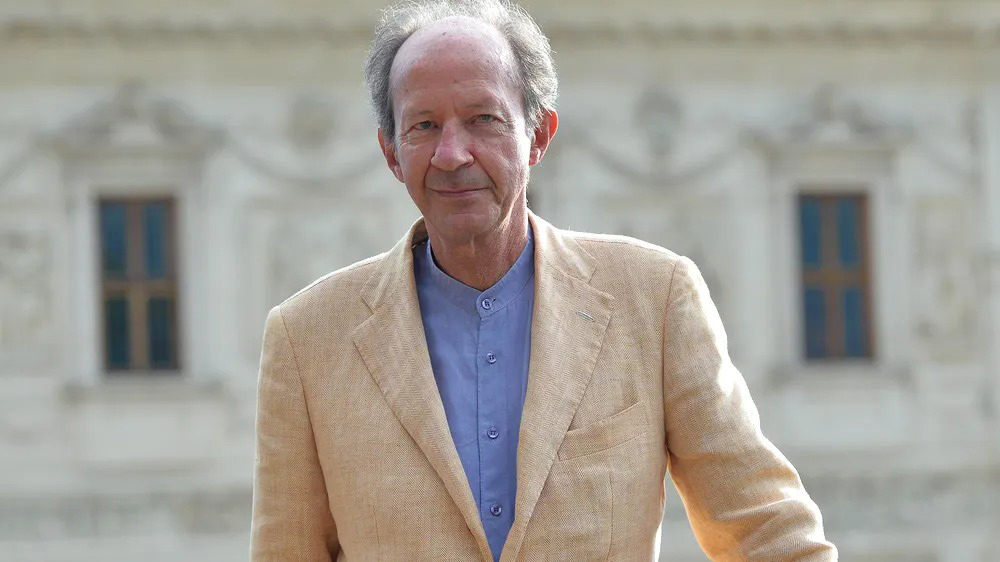
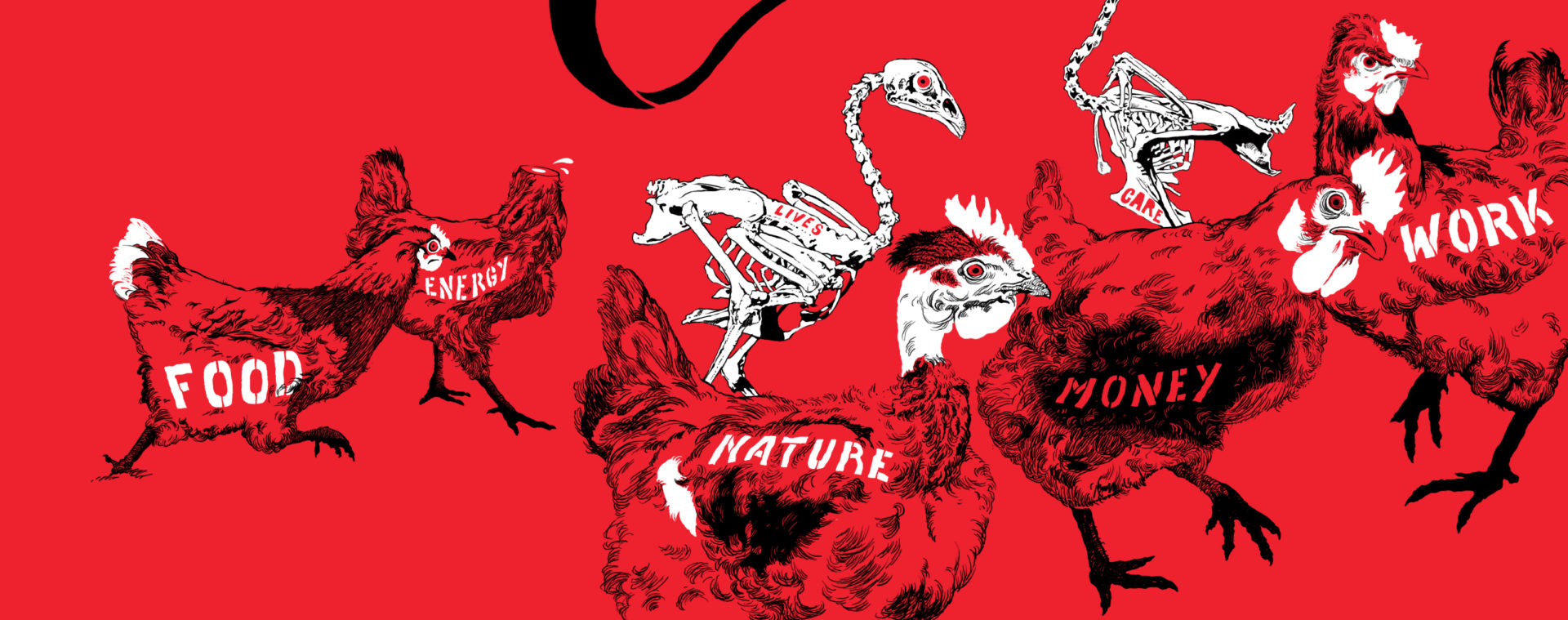
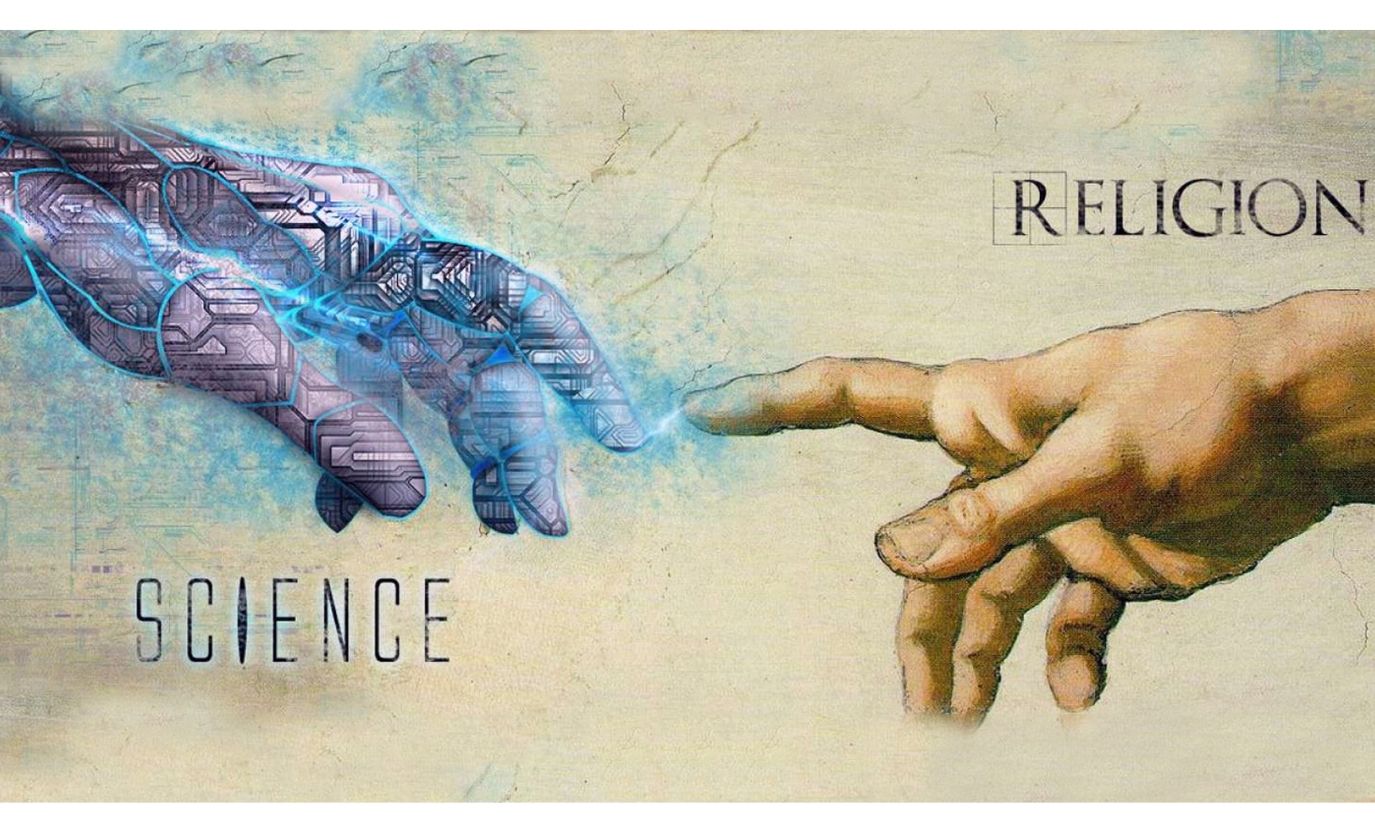
Comments
No Comments